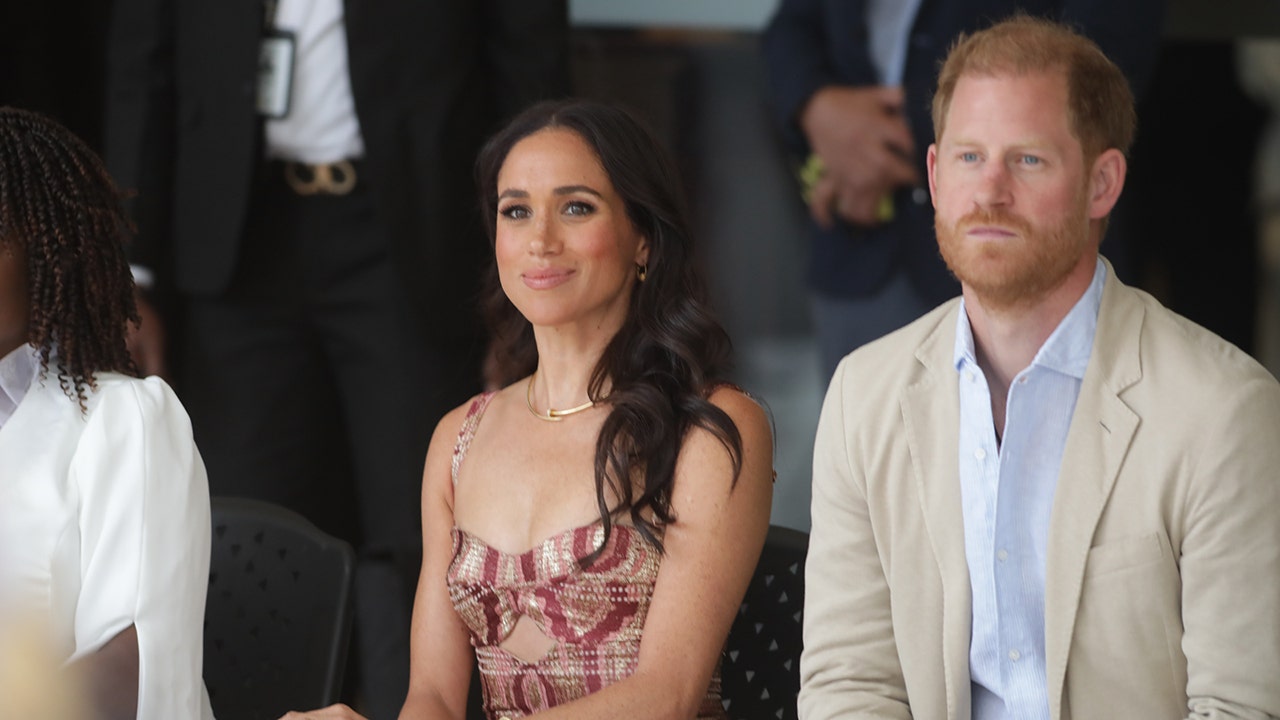In 2010, WikiLeaks released hundreds of thousands of classified US military documents on Washington’s wars in Afghanistan and Iraq and diplomatic cables leaked by former US military intelligence analyst Chelsea Manning – the largest security breach of its kind in US military history. Assange was indicted during the Trump administration and faced 18 charges carrying a total sentence of up to 175 years.
The plea deal follows determined lobbying by Prime Minister Anthony Albanese, who raised Assange’s case in meetings with US President Joe Biden, and by Australian politicians from across the political spectrum.
Loading
Speaking from France, Shipton said Assange had been involved in the “nitty-gritty” of the deal in recent days and was excited by the prospect of freedom after 12 years in some form of confinement – first in the Ecuadorian embassy in London and then Belmarsh Prison from April 2019.
“He will be looking to rest and recuperate with his family away from the cameras for a while,” Shipton said, indicating Assange may seek a stint in the Australian bush.
Assange’s mother, Christine Assange, said his release showed “the importance and power of quiet diplomacy”.
“Many have used my son’s situation to push their own agendas, so I am grateful to those unseen, hard-working people who put Julian’s welfare first,” she said.
“The past 14 years have obviously taken a toll on me as a mother.”
Assange’s wife, Stella, told the BBC she was “elated, frankly, it’s just incredible, it feels like it’s not real”, adding that she had experienced “a whirlwind of emotions” in recent days.
Not everyone was so delighted, with former US vice president Mike Pence blasting the deal as a “miscarriage of justice” that “dishonours the service and sacrifice of the men and women of our armed forces and their families”.
“Julian Assange endangered the lives of our troops in a time of war and should have been prosecuted to the fullest extent of the law,” Pence said in a post on social media platform X.
Albanese told parliament on Tuesday that “the case has dragged on for too long, there is nothing to be gained by his continued incarceration and we want him brought home to Australia”.
“We have engaged and advocated Australia’s interest using all appropriate channels to support a positive outcome and I have done that since very early on in my prime ministership,” he said.
Assange’s supporters in federal parliament welcomed the prospective plea deal, saying it was a reward for years of energetic lobbying.
Labor MP Julian Hill, a leading advocate of Assange, said: “Whatever you think of Assange, he is Australian and enough is enough.
“The prime minister deserves enormous personal credit for his judgment and determination, never giving up in pursuing resolution of this case. Let’s hope for the best now.”
Nationals MP Barnaby Joyce, who travelled to Washington last year to lobby for Assange’s release, thanked American politicians from across the partisan divide for advocating on Assange’s behalf and praised Shipton for his “relentless” advocacy on his brother’s behalf.
Joyce said his main concern with the case was the issue of extraterritoriality, given Assange was not on US soil when the alleged crimes were committed.
“I don’t want to be in a place in Australia where if I offend the Koran, I’m off to Riyadh; if I’ve offended the Chinese Communist Party, I’m off to Beijing,” he said.
US ambassador to Australia Caroline Kennedy flagged a possible plea deal in an interview with this masthead last year, saying “there absolutely could be a resolution” to the Assange case.
The trove of more than 700,000 documents included diplomatic cables and battlefield accounts, such as a 2007 video of a US Apache helicopter firing at suspected insurgents in Iraq, killing a dozen people, including two Reuters news staff. That video was released in 2010.
The hearing is taking place in the Mariana Islands because of Assange’s opposition to travelling to the continental US and the court’s proximity to Australia.
Loading
The charges against Assange sparked outrage among his many global supporters, who have long argued that as publisher of WikiLeaks, he should not face charges typically used against federal government employees who stole or leaked information.
Many press freedom advocates argued that criminally charging Assange represented a threat to free speech.
Assange was first arrested in Britain in 2010 on a European arrest warrant after Swedish authorities said they wanted to question him over sex crime allegations.
After exhausting legal avenues in the British Supreme Court to stop his extradition to Sweden, in June 2012 he sought asylum in Ecuador’s embassy in London, where he remained for seven years.
Credit: Matt Golding
Assange was dragged out of the embassy in April 2019 and jailed for skipping bail. He was held at London’s Belmarsh top-security prison and spent most of the following five years fighting extradition to the US. The Swedish sex crime investigation was discontinued in November 2019.
While in Belmarsh, he married Stella, with whom he had two children while he was in the Ecuadorian embassy.





















Discussion about this post